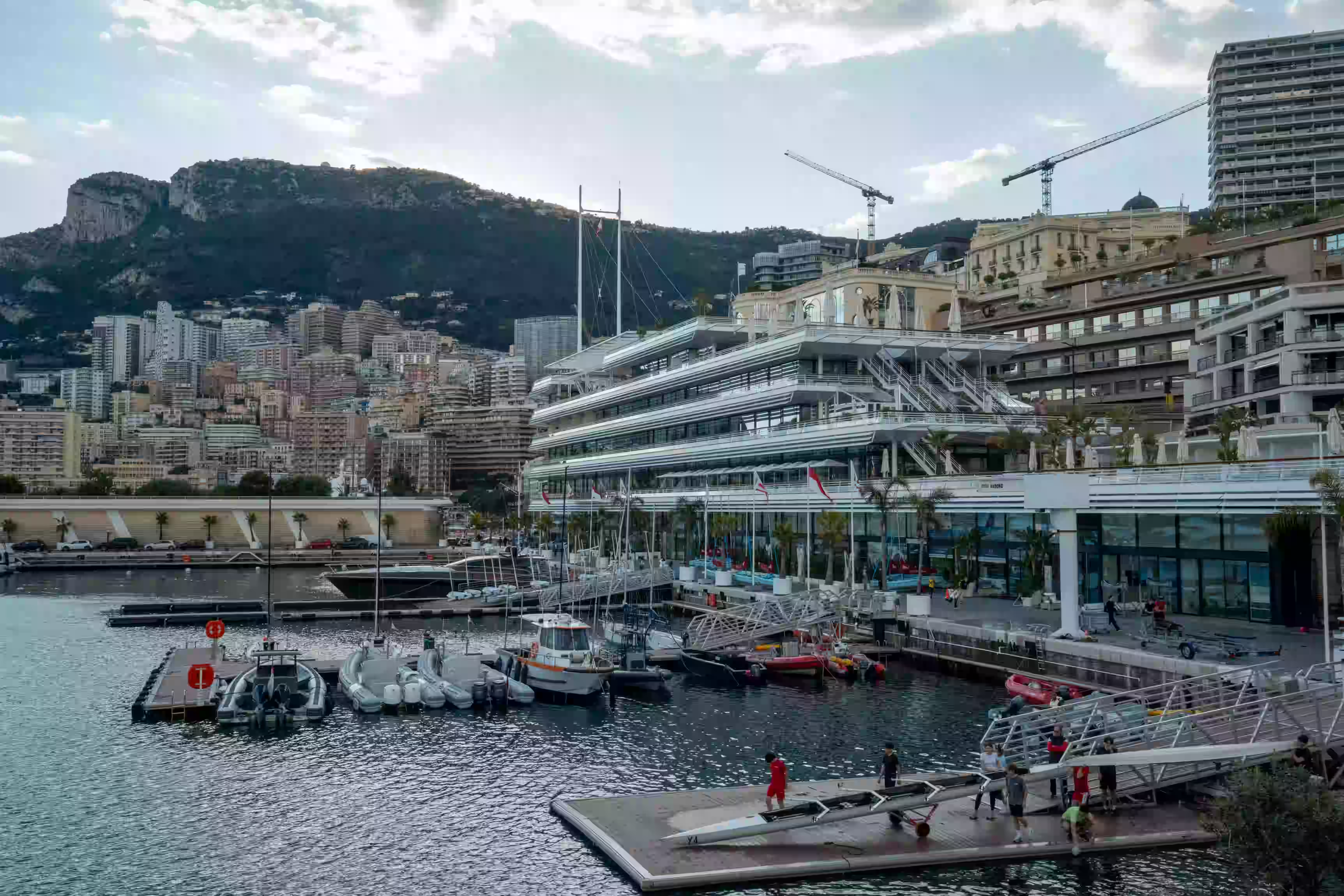Understanding inheritance tax in Monaco and its scope of application
Inheritance tax in Monaco applies to the transfer of a deceased person’s estate, but only to assets located within Monaco’s territory. This includes real estate, bank accounts, financial securities, and certain shares in Monegasque companies. Unlike many other countries, Monaco does not tax a resident’s worldwide estate, only the assets physically present in the Principality.
An inheritance takes place upon a person’s death, when their assets are transferred to heirs according to law or a will. A gift (donation), on the other hand, allows someone to transfer part of their estate voluntarily during their lifetime. Both transactions fall under the same tax framework, but gifts can be used to anticipate or optimize estate transfers depending on family circumstances and asset values.
Monaco has chosen to tax only assets located within its borders in order to maintain its attractiveness and avoid double international taxation. This policy strengthens legal certainty and estate stability for investors and foreign residents alike.
Inheritance tax rates in Monaco by degree of kinship
Official inheritance tax scale in Monaco
Practical examples by relationship to the deceased
For a surviving spouse, no inheritance tax is due. Ownership is transferred automatically once the notarial formalities are completed.
A nephew inheriting a property worth €2,000,000 will pay 10%, i.e. €200,000 in inheritance tax.
A friend with no family relationship will be subject to the maximum rate of 16%. For the same property, this represents €320,000, highlighting the significant difference in treatment between family and non-family heirs.
Specific cases
Certain situations require a more detailed analysis of how the tax scale applies:
- Estates shared among heirs of different degrees of kinship: each share is taxed individually according to the heir’s personal relationship with the deceased.
- Joint ownership: each heir’s portion is calculated separately to determine the exact amount due.
- Disguised or recent gifts: gifts made shortly before death may be reintegrated into the taxable estate if they are deemed intended to transfer wealth.
- Minor or protected heirs: payment of tax may be deferred or adjusted by order of the guardianship judge.
- Transfer through a Monegasque company: when assets are held through a local entity, tax applies to the value of the shares corresponding to assets located in Monaco.
- Change of tax residence before death: the deceased’s tax situation at the time of death determines whether Monaco’s rules apply, especially in cases of alternating or recent residency.

How to determine whether an asset is considered “located in Monaco” ?
An asset is considered located in Monaco if it has a direct connection with the Principality, either by physical location or by association with a Monegasque entity.
For real estate, this includes all properties or land located within Monaco’s territorial boundaries.
Bank assets are taxable if held in a Monegasque financial institution, regardless of the account holder’s residence.
Financial securities or company shares are deemed Monegasque when they relate to companies incorporated in Monaco.
Some assets require special consideration. Cryptocurrencies may be regarded as Monegasque assets if managed through a company or platform registered in the Principality. Works of art are taxable under Monaco’s inheritance tax if physically present in Monaco at the time of death. Foreign bank accounts held by a Monaco-based company may also be included in the taxable base, depending on their functional link to the company’s local activity.
Who is liable for inheritance tax in Monaco ?
Inheritance tax applies to both Monaco residents and non-residents owning assets within the territory. It applies regardless of nationality, as long as the estate includes Monegasque assets.
- If the deceased was a Monaco resident, only assets located in Monaco are subject to tax.
- If the deceased or heir resides abroad, taxation depends on the location of the inherited assets.
- When assets are spread across several countries, double taxation may occur, particularly with France, which still taxes worldwide estates of French tax residents.
How to file an inheritance in Monaco – Step by step
Required documents for filing
To complete a Monaco inheritance declaration, the notary or heirs must gather the following documents:
- Death certificate issued by the local or foreign authority
- Will or certificate of inheritance identifying the beneficiaries
- Property titles for real estate located in Monaco (apartment, real estate company shares, etc.)
- Bank statements and life insurance certificates from Monegasque institutions
- Identification documents and proof of residence for all heirs
These documents allow authorities to determine the value of the inherited estate and calculate the tax due to the Monegasque tax administration.
Deadlines and associated fees
The inheritance declaration must be filed with the Direction des Services Fiscaux within six months from the date of death if the death occurred in Monaco. If the death occurred abroad, the deadline extends to twelve months.
Registration duties vary according to the heir’s relationship to the deceased:
- 0% between spouses or children
- 8% between siblings
- 10% between uncles, aunts, nephews, and nieces
- 13% to 16% for other beneficiaries
Additional notarial fees apply, averaging 1% to 2% of the asset value, depending on the complexity of the estate.
Relevant authorities and contacts
The Monegasque notary plays a central role: they prepare the certificate of inheritance, assess asset values, and submit the declaration to the tax authorities.
The competent authority is the Direction des Services Fiscaux,Division des Droits d’Enregistrement, located in Monaco-Ville.
Certain administrative steps can be completed online or by post, including information requests, document submissions, and access to the current tax scale.

How to plan your estate in Monaco to reduce tax costs ?
Successful estate planning relies on several key levers:
- Drafting a will in compliance with Monegasque law to clearly designate heirs and avoid disputes.
- Using donations or inheritance agreements, allowing part of the estate to be transferred during one’s lifetime while limiting future inheritance taxes.
- Structuring assets through civil companies, life insurance contracts, or property dismemberment, in order to retain use while preparing for transfer.
- Avoiding common mistakes, such as failing to update asset valuations or not anticipating administrative timeframes.
A well-structured estate strategy ensures family wealth continuity while preserving the confidentiality of all transactions.





.avif)